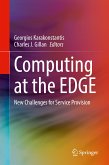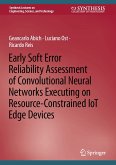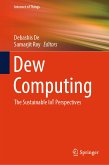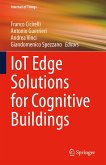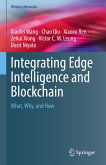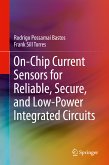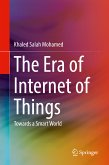This book discusses single-channel, device-to-device communication in the Internet of Things (IoT) at the signal encoding level and introduces a new family of encoding techniques that result in significant simplifications of the communication circuitry. These simplifications translate into lower power consumption, smaller form factors, and dynamic data rates that are tolerant to clock discrepancies between transmitter and receiver. Readers will be introduced to signal encoding that uses edge-coded signaling, based on the coding of binary data as counts of transmitted pulses. The authors fully explore the far-reaching implications of these novel signal-encoding techniques and illustrate how their usage can help minimize the need for complex circuitries for either clock and data recovery or duty-cycle correction. They also provide a detailed description of a complete ecosystem of hardware and firmware built around edge-code signaling. The ecosystem comprises an application-specific processor, automatic protocol configuration, power and data rate management, cryptographic primitives, and automatic failure recovery modes. The innovative IoT communication link and its associated ecosystem are fully in line with the standard IoT requirements on power, footprint, security, robustness, and reliability.
- Introduces a new family of edge-coded signaling techniques for IoT communication;
- Discusses power management of edge-coded signaling techniques;
- Demonstrates automatic configuration of transceivers based on edge-coded signaling.
Dieser Download kann aus rechtlichen Gründen nur mit Rechnungsadresse in A, B, BG, CY, CZ, D, DK, EW, E, FIN, F, GR, HR, H, IRL, I, LT, L, LR, M, NL, PL, P, R, S, SLO, SK ausgeliefert werden.
Hinweis: Dieser Artikel kann nur an eine deutsche Lieferadresse ausgeliefert werden.



